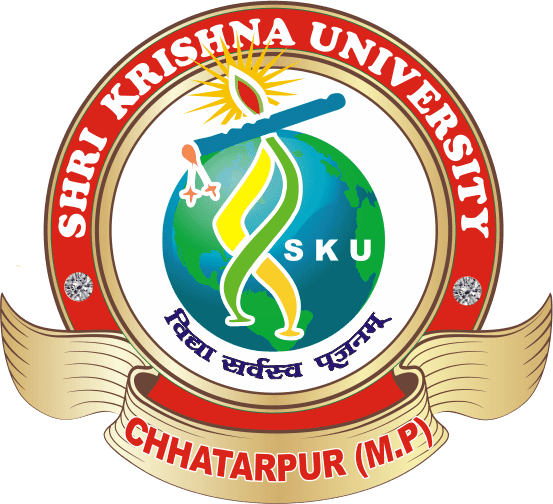MANUAL
The publication policy of research papers is clear. Research papers from all over India are invited on an open platform and special editions are also published. Shodh Sanchar does not guarantee any form of listing as it entirely depends on the indexing authorities. The Publication Committee takes intellectual integrity very seriously. The publisher, editor, reviewer, and author all agree on the following expected ethical behaviors, based on the best practices guidelines.
Each article published in our journal is open access and immediately available online. For editors and authors, an online platform is available for smooth communication and manuscript submission. Supplies of online tools for editors and authors, content creation, and hosting are all included in this
The journal's responsibility is to ensure that the specific published versions of our articles are available in such a way on our website that they are easily accessible to everyone. We provide an API to third-party platforms to manage this process themselves or update their platforms to reflect changes made later in the article.
- 1.The articles/research papers should be a maximum of 2500-3500 words.
- 2.Include a reference bibliography. The bibliography should mention the author's surname, main name, book title, name of the publishing institution, place, year of publication, and page numbers. In the journal's reference, include the article's title, author's name, journal name, issue, page sequence, and publication year.
- 3.Submit the research paper in a Microsoft Office Word file in Hindi's Mangal font.
- 4.Research papers can also be sent via email. They can be sent to the editor's email – editor@skushodhsanchar.com or to the Journalism department via mail
- 5.The final decision on the approval or rejection of research papers is made by the editorial board based on expert comments from referees. The editorial board holds the final authority in this regard
- 6.The selection of subject matter experts will be done by the editorial board.
- 7.If recommended by a subject matter expert for amendments in any research paper, a specific time limit will be given to the author for sending the revisions. The revised research paper, after being modified by the author, will be sent back for approval by the expert for evaluation.
- 8.The specified fee for research paper publication should be sent to the following account number - 37870374754 IFSC – SBIN0003578 via Phone Pay or Google Pay
- 9.For the publication of research papers, the author must assure the editor, either by sending a letter or email, that the research paper is 'original' and should not be sent elsewhere. The content of the research paper should not be copied from anywhere (no plagiarism), and the responsibility for this lies solely with the author.
- 10.Published articles may contain errors or are determined to violate publication ethics guidelines, such as multiple submissions, fraudulent claims of authorship, literary theft, undue demand to shuffle articles in directories, deceitful data use, etc., they can be "withdrawn." In such a scenario, the journal returns the paper without any refund.
- 11.Authors of the original research report should provide an accurate description of the work done and should also present a detailed discussion of its significance. The inherent data should be presented accurately in the paper. There should be adequate details and references in a paper to allow others to replicate the work. Deceptive or knowingly false statements constitute unethical behaviour and are unacceptable. Review and professional publication articles should also be accurate and objective
- 12.Authors should ensure that they have written entirely original compositions, and if they have used others' work and/or words, it has been appropriately cited or quoted. Literary theft occurs in various forms, including presenting someone else's paper as the author's own, copying significant portions of another paper, or presenting (without attribution) the results of someone else's research. Literary theft in all its forms is unethical publication behaviour and is unacceptable.
- 13.Whether intentional or unintentional, literary theft is a serious violation. Literary theft includes reproducing ideas, text, data, and other creative works (such as tables, figures, graphs, etc.) without creating a duplicate and providing proper citations as original research. We define literary theft as a case where a paper reproduces more than 10% similarity to another work without citation. We use software to check each submission for literary theft to prevent such unethical practices.
- 14.If evidence of literary theft is found before/after approval or after the paper's publication, the author will be given a chance to retract it. If satisfactory arguments are not found, the manuscript will be retracted.
- 15.When an author discovers any significant error or inaccuracy in their published work, it is the author's responsibility to promptly notify the journal editor or publisher and cooperate with the editor to retract or correct the paper. If the editor or publisher becomes aware from a third party of a significant error in a published work, it is the author's responsibility to retract or correct the paper immediately or provide evidence to the editor regarding the accuracy of the original paper.
Contact
'' SKU Pharmaceutical Review''
Shri Krishna University (Publisher)
Gram Chouka, Sagar Road, Chhatarpur (MP) 471301
Editor – Dr. Pushpendra Singh Gautam
E-Mail - editor@skupharma.in
Mob – 6262618024, 6262618030





